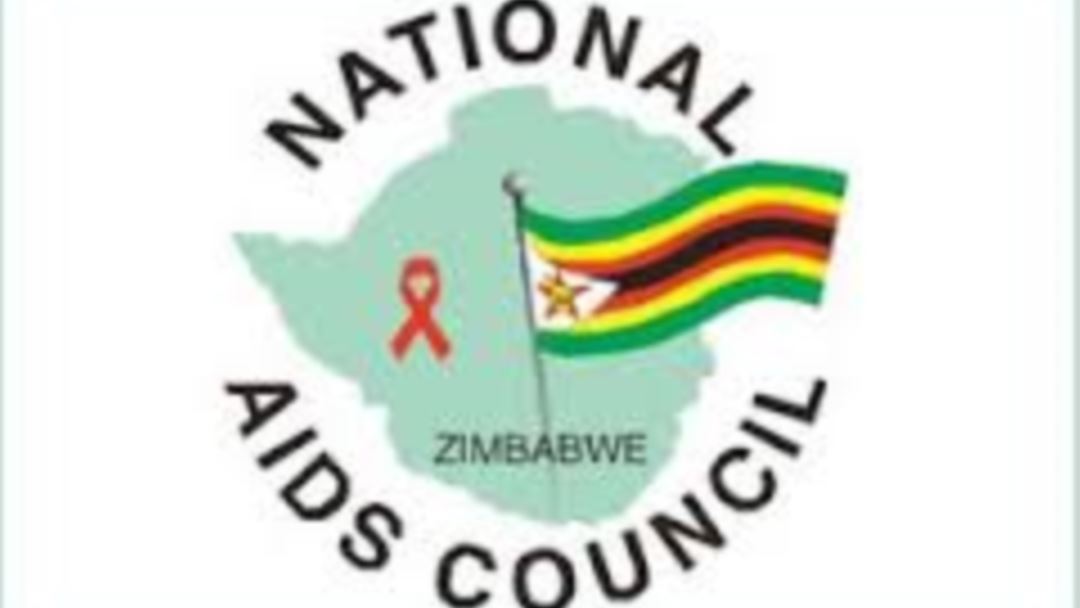By Judith Kajuma
Cervical cancer is the leading cause of cancer related deaths in women in Zimbabwe with HIV infected people more likely to also have a concurrent human papillomavirus (HPV) infection.
There are different types of cancer that occur in HIV positive people and are classified as HIV related cancers, cervical cancer being among them.
The National Aids Council (NAC) has made efforts to incorporate cancer into the response to HIV after realising that 60% of all new cancer cases were HIV-related and cervical cancer accounted for a third of cancer cases in Zimbabwe.
Low level of awareness is a major cause for the high rate of people dying from cervical cancer. It has not been given the much coverage it deserves. The policymakers in the health sector should come up with programmes that engage the media to bring awareness to women and girls in all languages to reach out to the women in rural areas.
About 95% cervical cancer patients in Africa are diagnosed when it’s too late. This is caused by the lack of awareness between the population and the health personnel. It is important to engage the media to disseminate cancer information to the right people.
Cervical cancer may be prevented through the HPV vaccine or treated if detected early by a regular PAP test. If abnormal cells caused by HPV are found while they are still precancerous, they can be treated before they can progress into cancer.
According to the NAC report, it is important for every woman to have a regular Pap test and for women 30 years and above to routinely be tested for HPV as well.
The most important information for women is that cervical cancer generally shows no signs or symptoms. This is why it is critical to have regular screening. A woman may develop symptoms only when the cancer becomes invasive and spreads to nearby tissues, said the NAC report.
Important facts for women are when this happens, the most common symptoms are, abnormal vaginal bleeding, unusual discharge from the vagina (separate from normal menstruation period), bleeding following intercourse, douching, or after pelvic exam and pain during intercourse and by this time it is already too late to treat.
With an almost dead economy, Zimbabwe is proud to have one of the few functional national cancer registries in Africa and was established in 1985.
“The most recent report of 2013 which was published in August 2015 shows that 6.548 new cases of cancer were diagnosed in 2013 with the most commonly diagnosed cancer among all Zimbabweans being cervical cancer at 18%,” said the Registrar of the Zimbabwe National Cancer Registries Mr Chokumonga.
It is sad that some developed countries sponsor Africa programmes such as agriculture and HIV leaving the cervical cancer patients to suffer and die.
